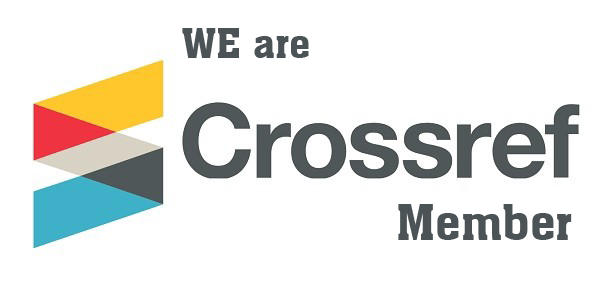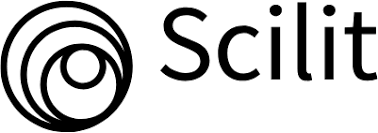Organizational Integrity Practices and Their Relationship to Job Stability A Field Study from The Perspective of A Sample of Faculty Members at The Faculty of Economics at Omar Al-Mukhtar University, Libya
DOI:
https://doi.org/10.54172/a2srb893Keywords:
Organizational Integrity, Job Stability, LibyaAbstract
This study aimed to understand the nature of the relationship between organizational integrity practices, with its dimensions (organizational optimism, organizational trust, organizational empathy, organizational integrity, organizational tolerance) and the extent of job stability from the perspective of the study participants. The study uses the descriptive analytical approach and the questionnaire method in order to achieve its objectives. A random sample of (45) individuals was taken after being retrieved from a total of (86) forms distributed to the respondents. The study reached a set of results, the most important of which are the following: The level of organizational integrity practices at the college under study, according to the study participants, was high, with an average score of 3.43. Organizational tolerance ranked first, with an average score of 3.67, followed by organizational integrity, with an average score of 3.38, and organizational empathy, with an average score of 3.05. The results also indicated a statistically significant relationship between organizational integrity practices and job stability from the perspective of the study participants. The study recommends the need to continue adopting organizational integrity practices at the college under study to achieve a cohesive work environment that is on the right track to achieving its goals.
Downloads
Published
Issue
Section
License
Copyright (c) 2025 Nisreen Imraga, Mahmoud Alfadheel , khaled Mohamed (Author)

This work is licensed under a Creative Commons Attribution-NonCommercial 4.0 International License.
Copyright of the articles Published by Al-Mukhtar Journal of Economic Sciences (Mjes) is retained by the author(s), who grant Mjes a license to publish the article. Authors also grant any third party the right to use the article freely as long as its integrity is maintained and its original authors and cite Mjes as the original publisher. Also, they accept the article remains published by the Mjes website (except in the occasion of a retraction of the article). All Mjes Published articles under the Attribution-NonCommercial 4.0 International License.











